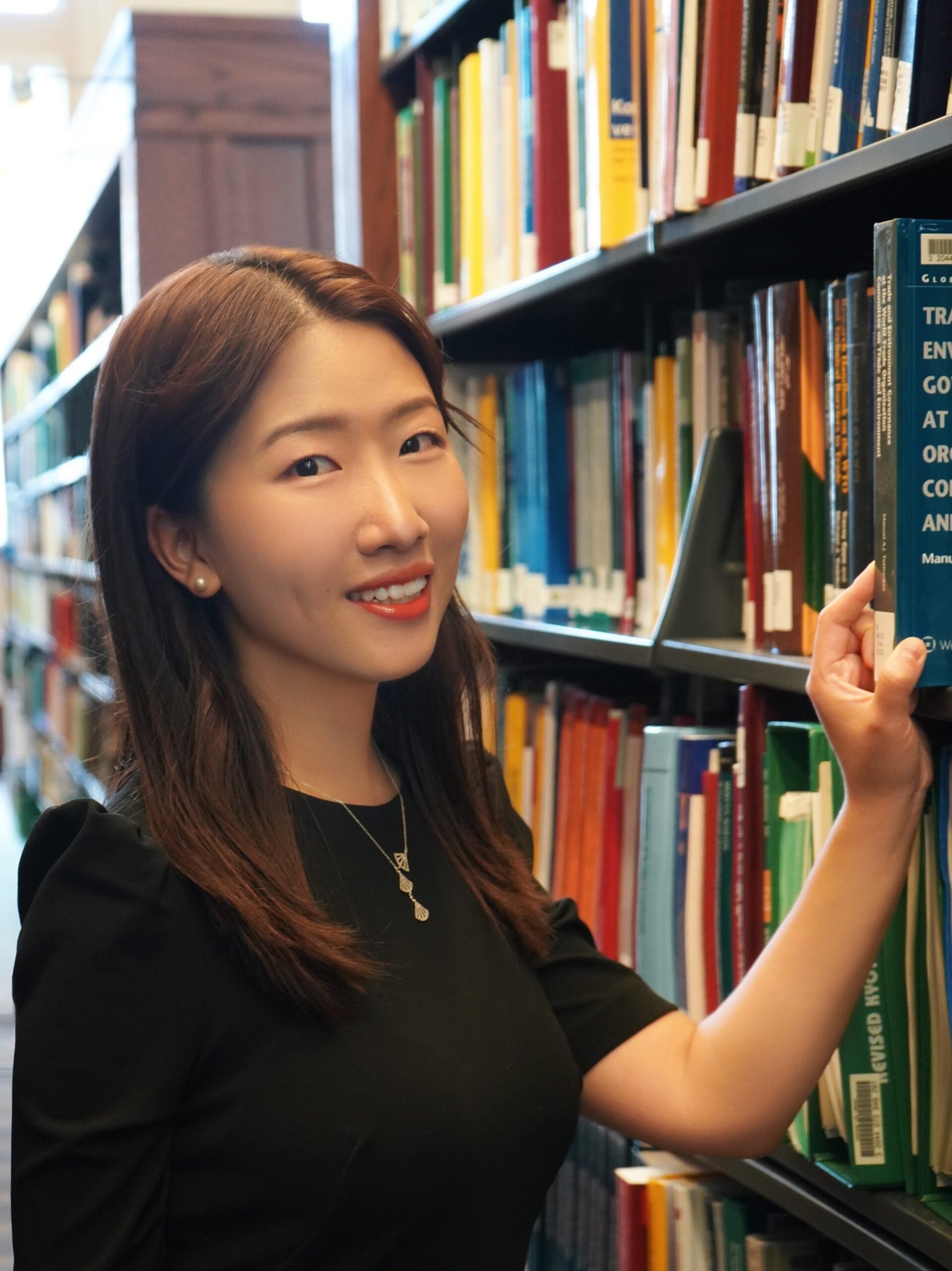
Xuejiao (Katniss) Li
S.J.D. Candidate
xli at sjd.law.harvard.edu
Dissertation
Economic Sanctions Symbolism
Why do states impose unilateral economic sanctions (“sanctions”)? Scholars predominantly argue that sanctions serve to inflict economic harm in order to change targets’ behavior and promote normative values. Based on the rational choice theory, they posit that rational states will change their policies if the costs of sanctions outweigh the benefits of policies. However, over the years, states subject to sanctions, such as Cuba, North Korea, Russia, and China, have not modified their policies nearly as much as sanctions imposers would expect. Many scholars, therefore, argue that sanctions have failed. Nonetheless, states such as the United States still impose sanctions actively, and China and Russia recently legislated new regulations to authorize sanctions. If sanctions fail, why do states still apply them?
Through research in my S.J.D. dissertation, I intend to introduce a new perspective on sanctions insufficiently discussed in international law and international relations studies: the symbolic dimension of sanctions. I tentatively define symbolic sanctions as messages to different stakeholders. As such, sanctions’ effectiveness can be decoupled from targets’ behavioral changes. By exploring sanctions’ symbolism, I will reveal the communication of sanctions’ underlying normative values, messages to different audiences through sanctions, and political accountability concerns about the misuse of sanctions.
Fields of Research and Supervisors
- International Trade and Economic Statecraft with Professor Mark Wu, Harvard Law School, Principal Faculty Supervisor
- Chinese Law and Political Economy with Professor William Alford, Harvard Law School
- U.S. National Security and Foreign Relations Law with Professor Jack Goldsmith, Harvard Law School
- Political Science and International Relations with Professor Christina Davis, Department of Government, Harvard University
Additional Research Interests
- International Trade and Economic Law
- Global Economic Governance
- National Security Theory
- U.S.-China Relations
Education
- Harvard Law School, LL.M. Program 2022-2023 (requirements fulfilled, degree waived)
- Renmin University, LL.M. in International Law, 2020
- Minzu University of China, LL.B., 2018
Academic Appointments and Fellowships
- Harvard Law School, 2022-2023, F.Y. Chang Scholarship
- Harvard Law School, 2022-2023, Yong K. Kim ‘95 Memorial Prize
Additional Information
Languages: English, Chinese (Native)
Bar Admission: Admitted to Practice in PRC (inactive)
Last Updated: July 24, 2023